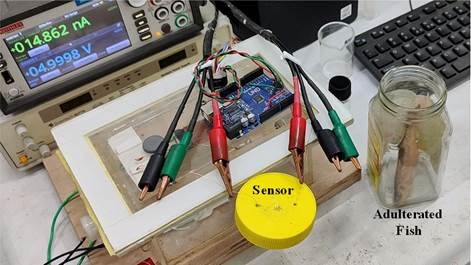Snowman Logistics expands operational capacity in Assam
Operations commenced at its newly acquired warehouse in Guwahati, Assam, featuring advanced ‘multi-temperature control’ capabilities
Snowman Logistics Limited, a leading cold chain and integrated temperature-controlled logistics service provider in India has initiated operations at a newly leased multi-temperature-controlled warehouse in Guwahati, Assam. The total capacity of the warehouse is 5,152 pallets and this facility features eight chambers and four loading bays, equipped with the latest infrastructure. Specifically designed to accommodate products from ambient temperatures to minus 25 degrees Celsius, the warehouse will primarily focus on providing storage, handling and transportation services for ice cream, poultry, ready-to-eat food, dairy products, confectionery, bakery products, seafood, fruits and vegetables. Other products include pharmaceuticals, specialised chemicals and various commodities.
Sunil Nair, CEO, of Snowman Logistics said “The inauguration of our latest facility in Guwahati signifies a momentous achievement for Snowman Logistics. This establishment marks our initial venture into a fully leased cold storage facility, aligning with our strategic move towards becoming asset-light. With this expansion, our overall pallet capacity has soared to an impressive 1,41,000+ pallets, strategically distributed across 20 cities, thereby expanding our foothold in Northeast India.
Snowman Logistics has garnered extensive expertise in the storage, handling, and transportation of diverse products, spanning the food, healthcare, pharmaceuticals, and specialized chemicals sectors. Our commitment to innovation is evident through the incorporation of technology-enabled facilities and platforms. This, coupled with our unwavering dedication, allows us to consistently provide tailor-made solutions that cater to the dynamic needs of the industries we serve.
Operations commenced at its newly acquired warehouse




